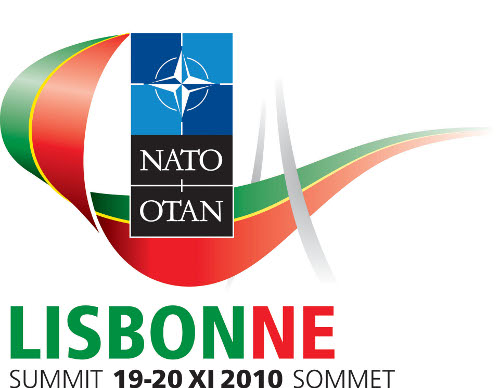
NATO’s new Strategic Concept seeks to explain how the Alliance will address 21st century security challenges including energy security, proliferation of weapons of mass destruction to rogue actors, terrorism, and cyber security. But the document should also have taken into account the dramatic new security challenges that will change the world and will impact the interests of its members.
First, it should have accounted for the impact of rising poles in the international system. Experts agree that the rise of a multipolar system is less stable than the bipolar and unipolar worlds with which we are familiar.
Second, it should have prepared for the security impact of the competition among world powers for scarce resources beyond “the protection on critical energy infrastructure” mentioned in the strategy. In a multipolar world, competition for increasingly scarce resources will have serious consequences for global stability, above all because resource nationalism and protectionism are on the rise.
Third, NATO should have considered how climate change will impact international security and Alliance interests. Critical resources can be found in countries affected by climate change which will decrease local stability anyway. These challenges require a new vision on NATO’s role in the 21st century and new ideas about the role strategic partnerships could play in mitigating the challenges mentioned. Such a vision is lacking.
But the biggest issue is that NATO could not agree on a new understanding of Article 4 of the Washington Treaty and spell out the consequences of consultations. The new blueprint merely argues that member states can bring any security issue to the NATO table but is unclear about how to balance Articles 4 and 5. Defense is a core task of the Alliance, yet Article 5, which explicitly deals only with armed attacks, is irrelevant for most new challenges.
Paragraph 19 of the new Strategic Concept lists the responses for defense and deterrence in this context. Interestingly this list includes threats such as cyber attacks, international terrorism and energy security. But how can NATO respond? Is NATO able to trace back a cyber attack to a particular country, so that it can retaliate? Is NATO willing to carry out an Article 5 intervention against Al Qaida in northern Africa? Is NATO willing to carry out an Article 5 operation against regimes with policies of resource nationalism, which are damaging our economies? In my views those challenges will not invoke Article 5, but will require Article 4 consultations. As long as NATO cannot spell out the consequences of Article 4 consultations, the Alliance will not be able to provide adequate guidance for force transformation.
Rob de Wijk, a member of the Atlantic Council’s Strategic Advisors Group, is Director of the Hague Centre for Strategic Studies and professor of International Relations at Leiden University in The Netherlands.
This article is part of a New Atlanticist discussion – The 2010 Lisbon Summit: A New Atlanticist Forum – on the Summit’s expectations, areas of focus, and potential outcomes.
Image: Lisbon%20Logo%20500_0.jpg
